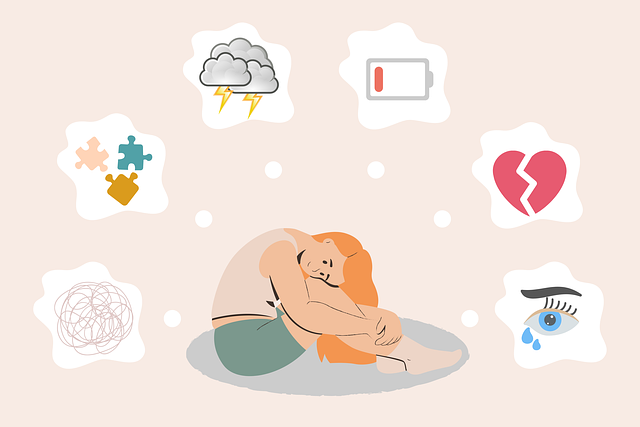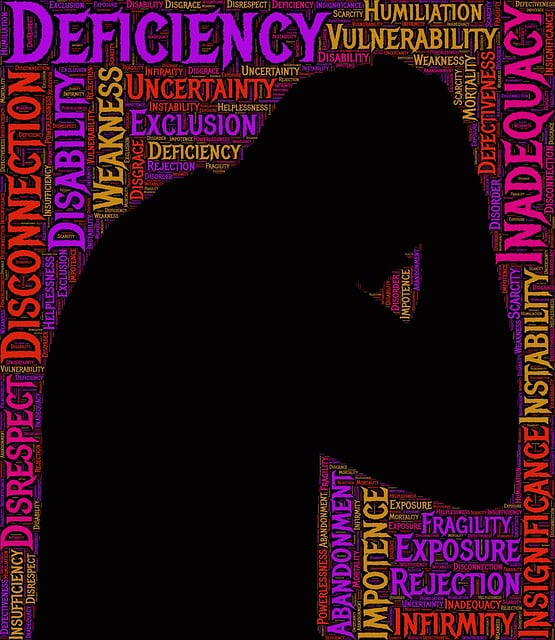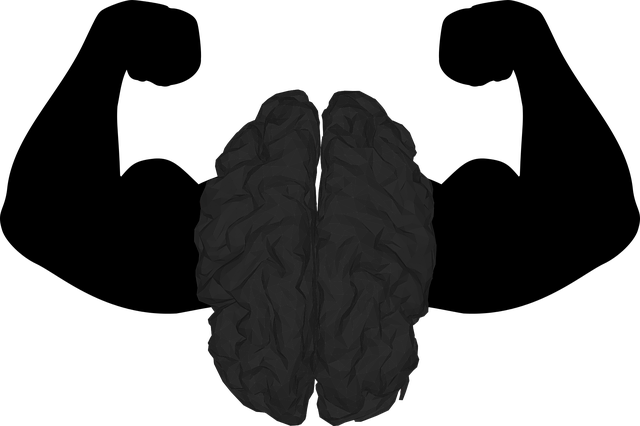Depression, a complex mental health condition marked by persistent low mood and loss of interest, can be prevented and managed through healthy lifestyle choices like exercise and balanced nutrition. Therapy, especially substance abuse therapy in Littleton, is crucial for addressing emotional issues, promoting stress management, and building resilience against depressive episodes. A comprehensive approach includes support systems, communication strategies, and professional assistance with cultural competency, fostering a holistic environment for mental well-being. Early recognition of signs like mood changes and fatigue is vital; prompt action through access to resources in Littleton supports both depression prevention and recovery from drug abuse.
Depression is a prevalent and serious mental health condition, but it’s not inevitable. This article explores comprehensive strategies to prevent and manage depression, focusing on holistic approaches for well-rounded wellness. We delve into understanding the root causes, from genetic predispositions to lifestyle factors, emphasizing the power of self-care. Discover the transformative effects of therapy, the importance of connection through support systems, and recognizing early signs of decline. Embrace these tactics, including evidence-based practices like substance abuse therapy in Littleton, to foster resilience against depression.
- Understanding Depression and its Causes
- Lifestyle Changes for Better Mental Health
- The Role of Therapy in Preventing Depression
- Building a Support System to Combat Loneliness
- Identifying Early Warning Signs and Seeking Help Promptly
Understanding Depression and its Causes

Depression is a complex mental health condition that significantly impacts an individual’s daily life and overall well-being. It’s more than just feeling sad or blue; it’s a persistent state of low mood, loss of interest in activities once enjoyed, and a range of physical and cognitive symptoms. Understanding the causes behind depression is crucial for prevention strategies. While genetics can play a role, making some individuals more predisposed, various other factors contribute to its development. These include significant life events, such as trauma or loss, chronic stress, certain medical conditions, and in some cases, substance abuse like Littleton drug abuse-substance abuse therapy may be relevant.
The interconnectedness of mental health and lifestyle is evident, with Self-awareness exercises and Mind Over Matter principles becoming valuable tools in prevention. Engaging in regular self-reflection and practicing mindfulness can help individuals identify early warning signs, fostering a proactive approach to mental wellness. The Mental Wellness Podcast Series Production offers a platform for education, awareness, and support, providing accessible resources to enhance understanding and promote healthy coping mechanisms.
Lifestyle Changes for Better Mental Health

Adopting a healthy lifestyle plays a pivotal role in preventing and managing depression. Simple yet powerful changes can significantly impact mental wellness. Regular exercise, for instance, releases endorphins that boost mood and reduce stress. Aiming for at least 30 minutes of physical activity most days can be a potent tool against depressive episodes. Additionally, prioritizing balanced nutrition supports brain health; foods rich in omega-3 fatty acids, vitamins B and D, and tryptophan are known to enhance emotional stability.
Along with physical and dietary adjustments, incorporating practices like journaling and mindfulness into daily routines can foster resilience. Journaling allows individuals to process emotions, track triggers, and identify patterns, providing valuable self-awareness. Mindfulness exercises, such as meditation or deep breathing, teach present-moment focus, helping to calm the mind and reduce rumination, a common symptom of depression. When coupled with professional guidance, like therapy for substance abuse in Littleton, these lifestyle changes can create a robust foundation for maintaining mental health and preventing relapse.
The Role of Therapy in Preventing Depression

Depression prevention strategies often include a multifaceted approach, and one crucial component is therapy. Substance abuse therapy, such as that offered in Littleton for drug abuse, plays a significant role in addressing underlying emotional issues and preventing the onset or recurrence of depression. This type of therapy provides individuals with tools to manage stress, process traumatic experiences, and develop healthier coping mechanisms.
In addition to treating specific substance use disorders, these therapeutic practices focus on fostering self-care routines for better mental health. By incorporating burnout prevention strategies for healthcare providers—who are particularly at risk due to their demanding nature—into their lives, individuals can enhance emotional regulation skills. This proactive approach helps build resilience against depressive episodes and promotes overall well-being, ensuring a more balanced and fulfilling life.
Building a Support System to Combat Loneliness

Depression often stems from feelings of loneliness and isolation, making building a strong support system crucial in prevention strategies. Connecting with others who understand and can offer empathy is vital for combating these issues. Friends, family, or even community groups can provide comfort and a sense of belonging. For individuals struggling with substance abuse, like those seeking help in Littleton, building this network becomes even more important. Engaging in support groups tailored to addiction recovery allows for shared experiences and a collective understanding of the challenges faced. This interconnectedness can be a powerful tool in depression prevention, offering a safe space to express feelings and receive encouragement.
Effective communication plays a significant role here. Learning healthy communication strategies can help individuals share their emotions, needs, and struggles with others. Trauma support services often emphasize this aspect, teaching skills to navigate difficult conversations and fostering deeper connections. By enhancing communication with trusted sources, one can create a supportive environment that promotes mental well-being and provides an alternative to unhealthy coping mechanisms. This, combined with professional assistance from healthcare providers with cultural competency training, ensures a holistic approach to depression prevention, addressing social, emotional, and cultural factors contributing to mental health.
Identifying Early Warning Signs and Seeking Help Promptly

Recognizing the early signs of depression is a pivotal step in prevention. Changes in mood, persistent feelings of sadness, and a significant loss of interest in activities once enjoyed can be red flags. These warning signs often manifest as subtle shifts in behavior, including increased fatigue, changes in appetite or sleep patterns, difficulty concentrating, and even physical symptoms like headaches or body aches. The key is to be attentive to these cues and not dismiss them as temporary setbacks.
Prompt action is crucial. If you or someone close to you experiences these signs, seeking professional help should be a priority. Effective interventions include substance abuse therapy, which can address underlying issues related to depression, especially when coupled with social skills training and stress reduction methods. Additionally, empathy-building strategies, often taught in therapy sessions, can foster supportive relationships, further strengthening one’s resilience against depression. In Littleton, access to such resources is readily available for those seeking prevention and recovery support.
Preventing depression involves a multi-faceted approach. By understanding its causes, adopting healthy lifestyle changes, engaging in therapy, building a strong support system, and recognizing early warning signs, individuals can significantly reduce their risk. For those struggling with substance abuse, Littleton Drug Abuse-Substance Abuse Therapy offers specialized treatment to address co-occurring mental health conditions, providing a holistic path to healing and long-term well-being.














